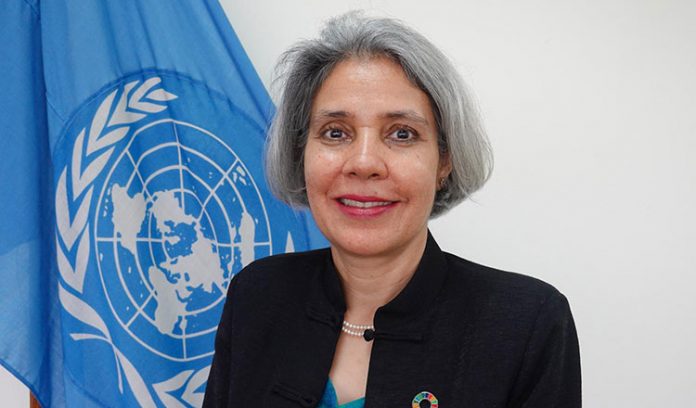The United Nations has called on countries in Southeast Asia to close compulsory drug detention and rehabilitation centres used to detain drug dependents, suspected drug users, victims of sexual exploitation and former sex workers.
The UN expressed “serious concern” over the prolonged existence of such facilities saying they do not comply with its Sustainable Development Goal 3 of ensuring healthy lives and wellbeing for all.
States should end compulsory drug treatment and rehabilitation for drug users, and instead transition to a voluntary community-based approach, harm reduction and support, the UN said.
The UN said many countries in East and Southeast Asia operate compulsory “treatment” facilities for people who use drugs. These facilities are a form of confinement where those accused or known to be using drugs are involuntarily admitted for “treatment” without adequate due process.
At the end of 2018, there were at least 886 compulsory facilities for people who use drugs in Cambodia, China, Laos, Malaysia, the Philippines, Thailand and Vietnam. Up to 500,000 people were detained annually in these compulsory facilities, said the UN.
“In our assessment, there has been very little progress since the first UN joint statement calling for the closure of the compulsory facilities ten years ago,” said Gita Sabharwal, UN resident coordinator in Thailand.
“The narrative persists that people who use drugs and have drug disorders will be deterred by harsh punishment. We need fresh thinking based on best available data and evidence to break this spectrum,” Ms Sabharwal said.
She nevertheless praised Thailand for making positive strides and revealed its potential to pioneer a shift away from harsh punishment or forced rehabilitation to voluntary community-based treatment among drug users.
Taoufik Bakkali, UNAids regional director for the Pacific, also said that retaining people in compulsory drug facilities was not effective as it led to greater human rights violations and caused unnecessary costs to society.
He added that the criminalisation of drug use did not help to solve the drug problem but led to more harm, including stigma and discrimination. Furthermore, criminal records from drug use obstructed drug dependents from housing, education and employment opportunities.
Source: khmertimeskh




